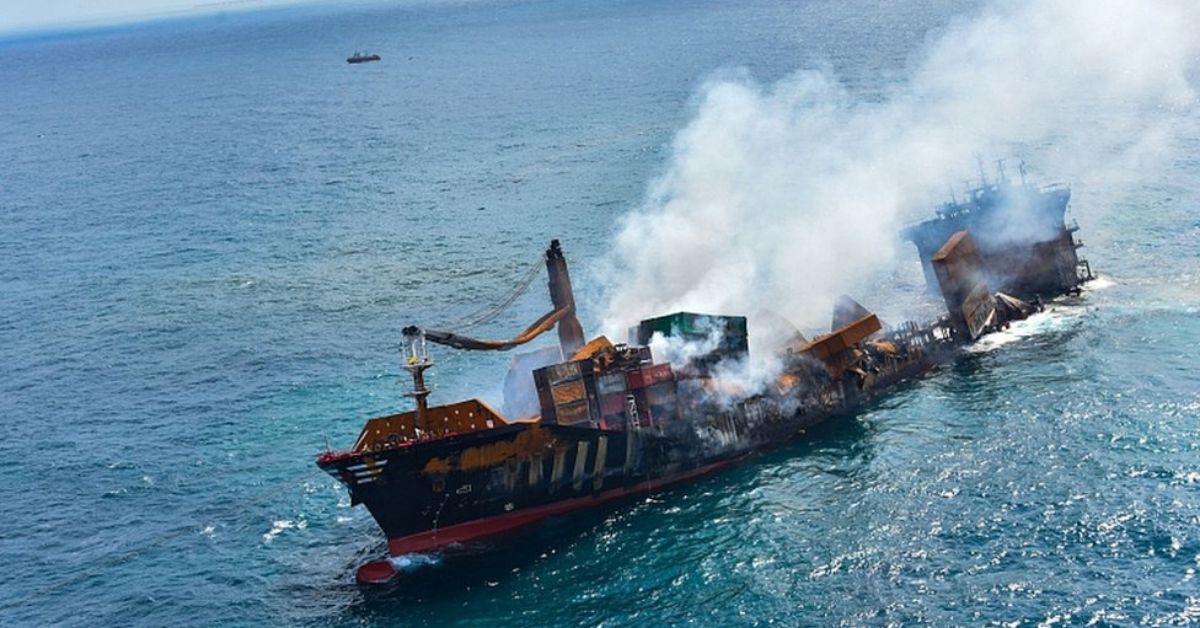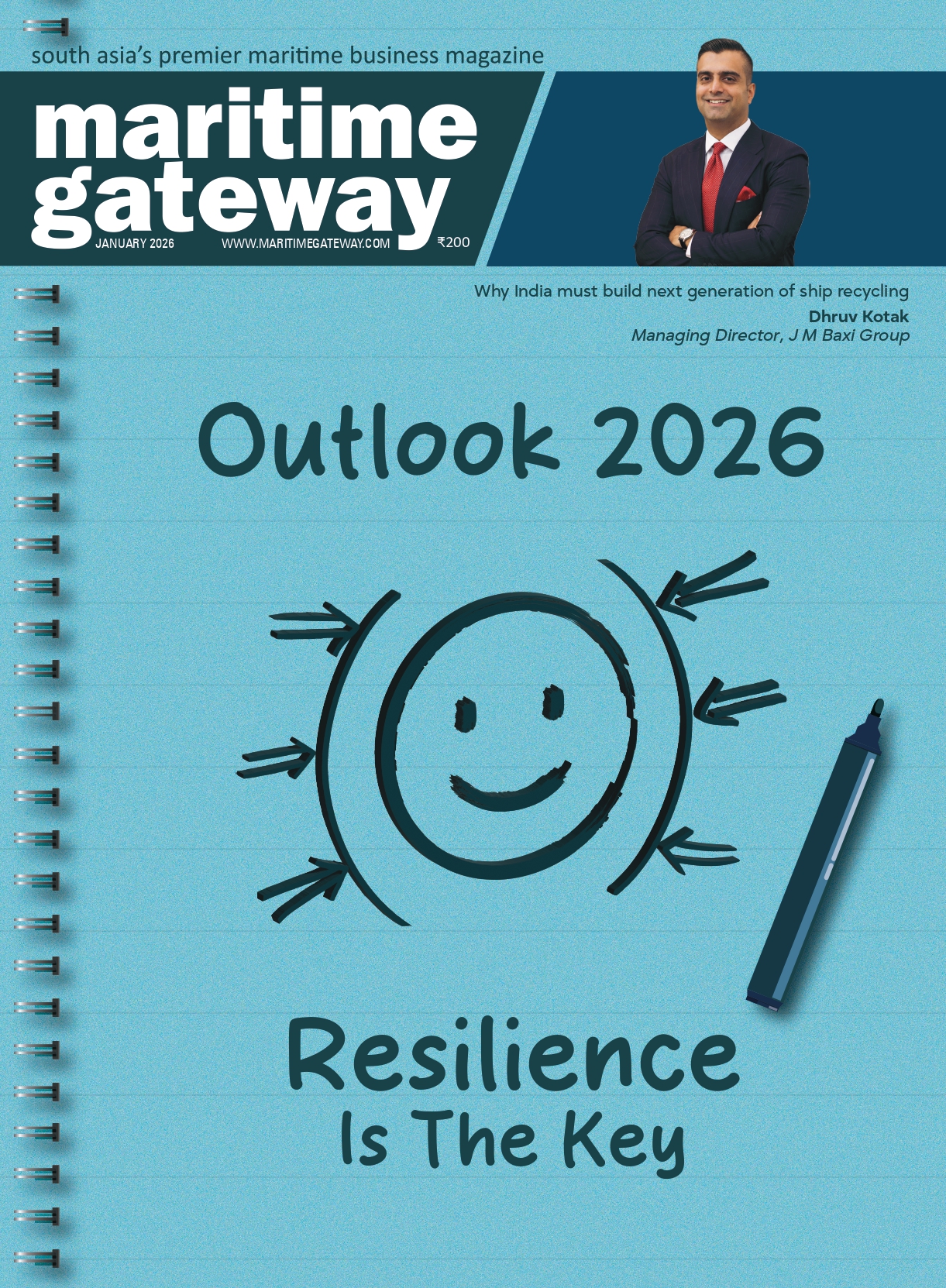Sri Lanka’s Supreme Court has ordered a $1 billion compensation from the owners and operators of the X-Press Pearl container ship for what it declared the nation’s worst marine environmental disaster. The Singapore-flagged vessel caught fire off the coast of Colombo on May 20, 2021, while carrying 25 tonnes of nitric acid and over 1,500 containers of hazardous cargo. Despite weeks of firefighting, the ship sank on June 2, releasing vast amounts of toxic substances and plastic pellets—known as nurdles—into the Indian Ocean, causing widespread ecological and economic damage.
The fallout from the X-Press Pearl disaster was catastrophic. Widespread marine pollution led to the deaths of 417 sea turtles, 48 dolphins, and eight whales, while coastal ecosystems suffered severe disruption. A year-long fishing ban compounded the crisis, devastating the livelihoods of thousands of Sri Lankans.
In response, Sri Lanka’s Supreme Court ordered $1 billion in compensation to be paid by the vessel’s owners and operators. The amount must be disbursed to the Secretary to the Treasury in instalments over the course of a year. Oversight of the restitution and rehabilitation process will be managed by the MV X-Press Pearl Compensation Commission, chaired by retired Justice E.A.G.R. Amarasekera.
The bench also instructed the Attorney General to expedite criminal investigations against those responsible—including local agents and officials accused of negligence and inaction.
The ruling named the vessel’s owner, EOS Ro, charterers, and local agent Sea Consortium Lanka—all Singapore-based—as liable under the polluter pays principle. It found that these parties had acknowledged environmental harm but failed to offer credible assessments or counterclaims to the losses presented.
The Supreme Court held that the state had also failed its citizens. Then minister of environment Nalaka Godahewa and the Marine Environment Protection Authority (MEPA) were found to have violated fundamental rights by failing to take prompt preventive action. The ruling came in response to multiple fundamental rights petitions filed by environmentalists, fishing communities, and religious leaders.
The court declared the incident “the largest recorded marine plastic spill in the world”, citing the unprecedented release of hazardous materials that poisoned waters and harmed phytoplankton—critical to ocean ecosystems. The judgment also noted the disaster’s long-term effects, with pollution and ecological damage still evident four years on. The owners and their representatives have yet to publicly comment on the ruling.










